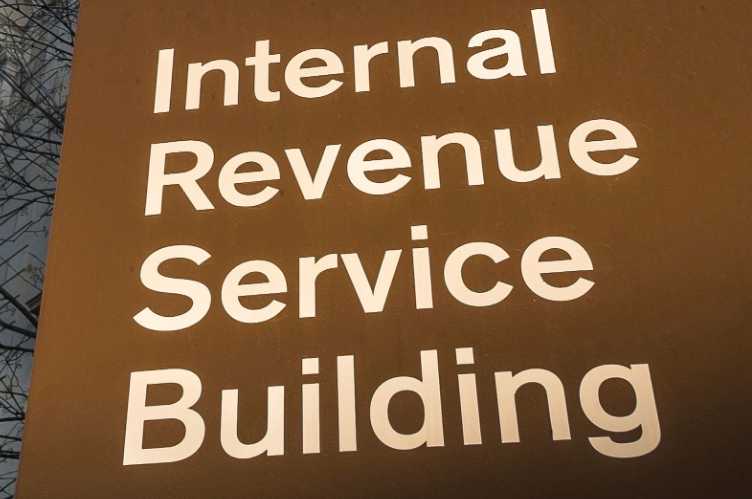HB 298 Repeals Requirement for Producers of Sand, Gravel and Quarry Rock
(Juneau) – The Alaska House of Representatives Wednesday unanimously passed a bill removing a significant burden to Alaska business and allowing the Department of Revenue to direct their auditing capabilities on higher-cost mineral mining operations.
![]() House Bill 298, which was a collaborative effort by Representative Paul Seaton, R-Homer, and Senator Tom Wagoner, R-Kenai, will repeal the requirement that operators who produce sand, gravel and quarry rock products pay the mining license tax.
House Bill 298, which was a collaborative effort by Representative Paul Seaton, R-Homer, and Senator Tom Wagoner, R-Kenai, will repeal the requirement that operators who produce sand, gravel and quarry rock products pay the mining license tax.
“Roughly 50 percent of sand and gravel mined in the state is used in public works projects,” Seaton said. “The mining license tax payment on these projects is paid by the state and local governments through the increased cost of the project. This ‘left pocket/right pocket’ payments is a burden to the Department of Revenue auditors and does not raise any additional funds for the state.”
Sand and gravel is processed into multiple products like concrete, asphalt, concrete block, and a wide variety of aggregates. Their cost of extraction, transportation and multiple sales prices are part of the many variables sand and gravel operators use to calculate their mining license tax. The Department of Revenue ensures compliance through a very detailed audit that often costs more than the tax amount paid by the business.
HB 298 has a companion bill in the Senate, Senate Bill 176 by Sen. Wagoner. HB 298 and SB 176 will be heard together in Senate Finance and then sent to the Senate floor for final passage.
“We’ve heard from several large gravel operators around the state, and a few ‘mom and pa’ outfits that spend hundreds of hours a year on administrative and accountant time gathering records, preparing schedules and returns, tracking costs for each product, and responding to state audit requests,” Sen. Wagoner explained. “The burden on the state and business is too great with very little return for the state in tax revenue. I am pleased to partner with Rep. Seaton on this bill.”





